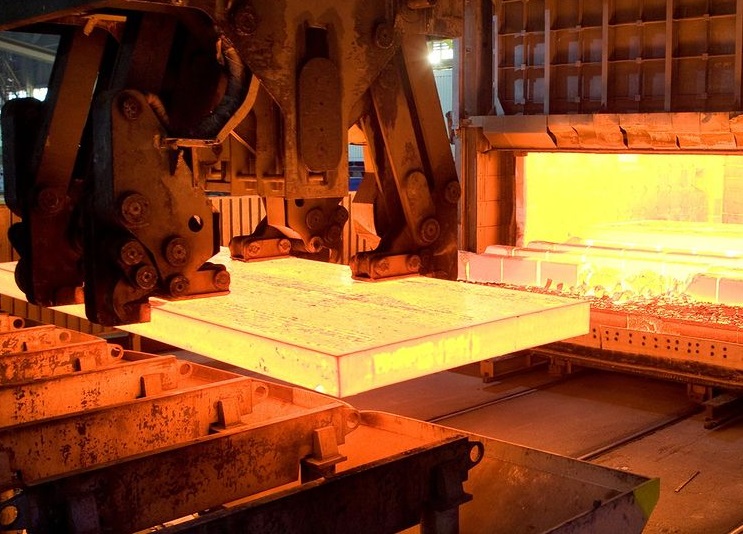Biden Turns to Private Sector to Ramp Building Decarbonization Efforts
The Biden administration on Wednesday announced the launch of the Climate Smart Buildings Initiative, a new government-wide program aimed at modernizing federal buildings through public-private partnerships, driving significant reductions in greenhouse gas (GHG) emissions from the government’s existing building stock.
The administration anticipates that the initiative will catalyze over $8 billion of private sector investment, and achieve as much as 2.8 million metric tons of GHG reductions annually by 2030. The U.S. federal government’s portfolio spans 300,000 buildings.
The new initiative follows an executive order signed by President Biden in December outlining a series of goals and initiatives for the U.S. federal government to achieve net zero emissions by 2050. Among the key goals outlined in the order were targets for the government to achieve a net zero building portfolio by 2045, with an interim goal of a 50% emissions reduction by 2032.
Buildings are a key source of global greenhouse gas (GHG) emissions, and also one of the hardest to replace, given their long-term nature. According to the World Green Building Council, buildings are responsible for as much as 38% of energy-related carbon emissions globally.
The program includes plans to modernize government facilities through energy savings performance contracts (ESPCs). Under an EPPC, a government agency works with a private company to identify energy improvements for a facility, and the company finances the improvement project independently, with the agency paying the company from the savings generated by the project.
The program will also leverage $250 million in funding from the Infrastructure Investment and Jobs Act, promoting innovative decarbonization strategies through performance contracting.
Under the new initiative, the government anticipates a significant expansion in the use of ESPCs from around $250 million in 2021, to $1.2 billion per year by 2030.
Modernization efforts under the program will include increasing on-site clean electricity generation, utilizing clean energy technology, such as heat pumps, installing efficient lighting and insulation, and integrating electric vehicle supply equipment.
In a statement announcing the new initiative, the administration said:
“Through this initiative, the government will dramatically expand its partnership with the private sector to upgrade existing Federal buildings — paying for today’s needed renovations with tomorrow’s energy savings without requiring upfront taxpayer funding.”





